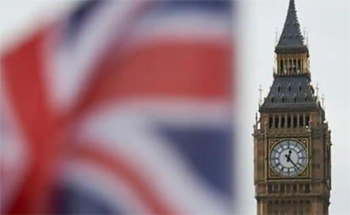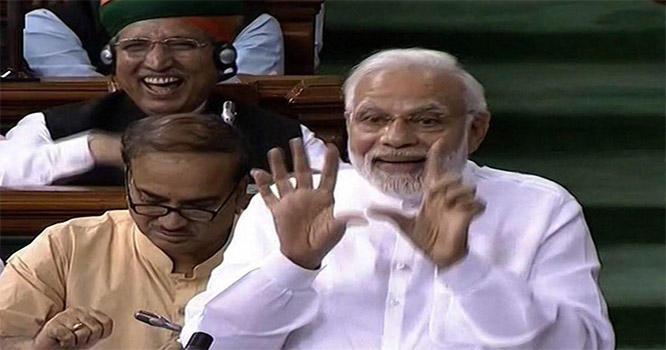London, Nov 17: The UK High Court on Friday quashed a lower court's order against extraditing alleged bookie Sanjeev Kumar Chawla to India and directed the District Judge to re-start extradition proceedings against him after being convinced with the assurances by the Indian government on the safety of prison conditions in New Delhi's Tihar jail.

Chawla, a key accused in the cricket match-fixing scandal involving former South African captain Hansie Cronje in 2000, had won his case against extradition to India last year after the Westminster Magistrates' Court here concluded there was a prima facie case to answer but his human rights could not be guaranteed in Tihar jail, where he was to be held.
The High Court ruled that it is convinced with the assurances provided by the Indian government regarding the safety of prison conditions in New Delhi's Tihar jail as it quashed the lower court's order against extraditing the 50-year-old.
In a judgment handed down in the Royal Courts of Justice here, Lord Justice Leggatt and Justice Dingemans upheld the Indian government's appeal against that order and directed the District Judge to re-start extradition proceedings against Chawla.
The judges noted that a third assurance, provided by the Joint Secretary to the Government of India in June, promises the accused of accommodation in a cell to be occupied exclusively by him, with proper "safety and security" and complying with the "personal space and hygiene requirements" the court expects.
It also makes further guarantees on medical facilities and protection from intra-prisoner violence in the jail.
"In these circumstances, having regard to all of the information available to this Court about Tihar prisons, the terms of the third assurance (which was not before the District Judge) are sufficient to show that there will be no real risk that Mr Chawla will be subjected to impermissible treatment in Tihar prisons," the High Court judgment concludes.
In an earlier ruling in May, the High Court sought these further assurances from India before making a final decision on the government's appeal in the case.
"The effect of the successful appeal is that the order of the District Judge to discharge Mr Chawla has been quashed, with the case being remitted back to the District Judge to proceed as she should have done," noted a statement from the Crown Prosecution Service (CPS), which represented the Indian government in the case.
A date for a fresh hearing in the case will now be set by Westminster Magistrates' Court in coming months.
The CPS had argued that the October 2017 ruling by the magistrates' court reflected a complete disregard of the "solemn diplomatic assurance" by India that Chawla will be treated within internationally-accepted norms for prison conditions.
The defence team, on the other hand, argued that District Judge Rebecca Crane had been right in turning down the extradition request on human rights ground.
"India is a mature and solid democracy, with which we have had a strong extradition relationship," noted CPS barrister Mark Summers, who is the barrister representing the Indian government in another high-profile extradition case that of liquor baron Vijay Mallya.
Mallya, wanted in India on fraud and money laundering charges amounting to nearly Rs 9,000 crore, has denied the allegations and disputed the jail conditions at Arthur Road Jail in Mumbai as part of his defence. A verdict in his case is expected next month at Westminster Magistrates' Court.
In Chawla's case, District Judge Crane's judgment dated October 16, 2017, had accepted a prima facie case against Chawla over his role in the fixing of "cricket matches played between India and South Africa during the tour of the South African Cricket Team to India under the captainship of Hansie Cronje in February-March 2000".
However, on hearing expert evidence from Dr Alan Mitchell, a licensed medical practitioner and a former medical officer with the Scottish prison system, she ruled in favour of Chawla on the grounds that his human rights would be violated in Tihar jail under Section 87, Article 3, relating to "prohibition of torture or inhuman or degrading treatment".
Mallya's defence team has also argued that India's jail cells are "far from satisfactory" and used the same UK prisons expert as Chawla's team, Dr Alan Mitchell, to back up their claims.
According to court documents in the Chawla extradition case, the Delhi-born businessman had moved to the UK on a business visa in 1996, where he has been based while making trips back and forth to India.
After his Indian passport was revoked in 2000, the 50-year-old obtained a UK passport in 2005 and is now a British citizen.







Comments
Add new comment